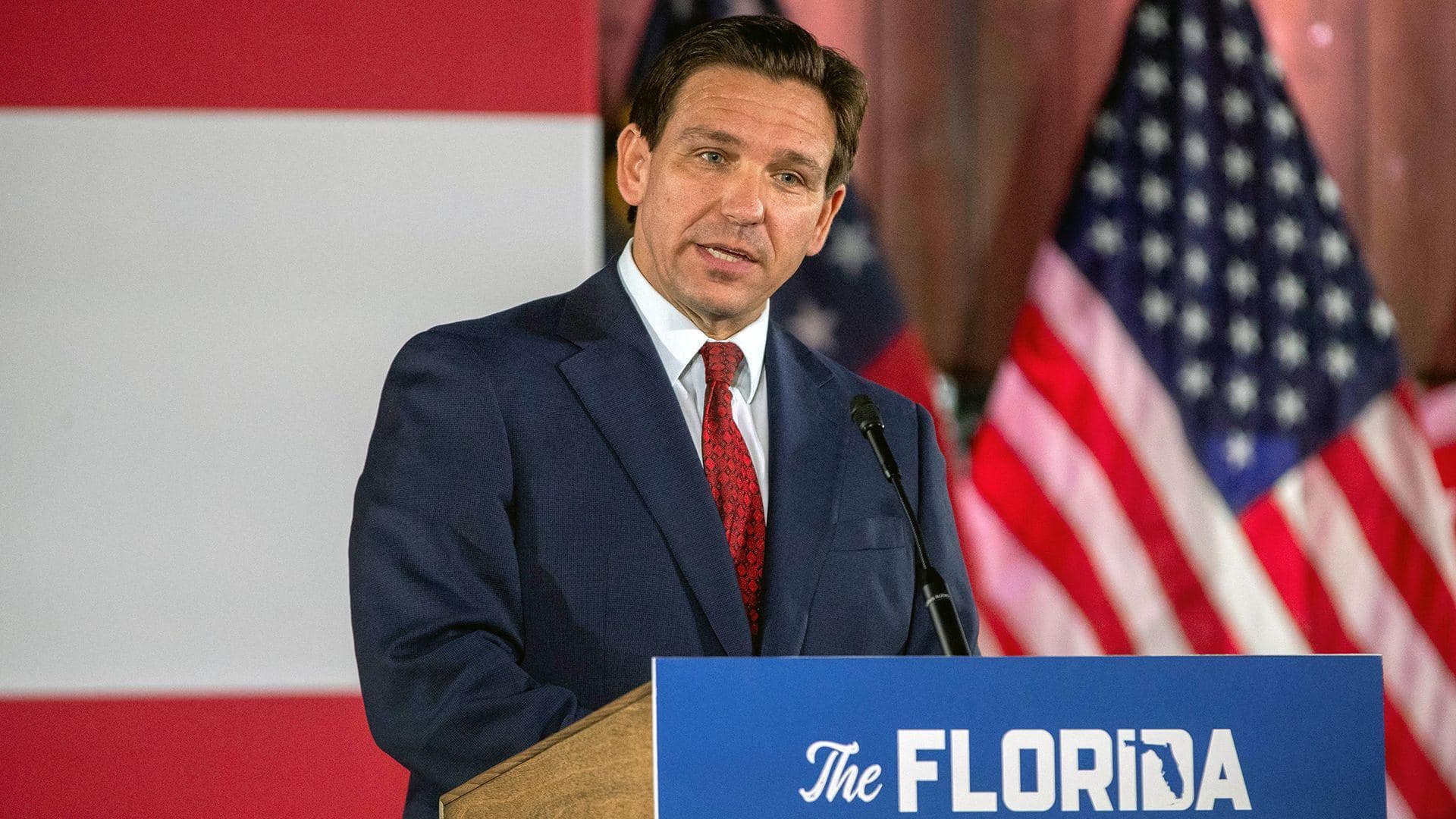What’s the story
Florida‘s Governor, Ron DeSantis, has put into effect House Bill 3 (HB 3), a law that tightens the rules around social media use for those under 16 years of age.
Starting January 1 next year, this law forbids children below 14 from setting up social media accounts, and orders the removal of any existing ones.
For those aged between 14 and 15, they must have consent from a parent or guardian to establish or keep their accounts.
Social media platforms will face penalties for non-compliance
The legislation also requires social media platforms to erase accounts and personal data for minors under 16 upon request by the minor or their parent.
Companies that do not comply swiftly could be sued on behalf of the affected minors and may be liable for up to $10,000 in damages per violation.
A deliberate or careless violation could be deemed an unfair or deceptive trade practice, attracting up to $50,000 in civil penalties per violation.
Age verification requirement sparks privacy concerns
The law also necessitates commercial apps and websites to confirm their users’ ages, a clause that has raised privacy worries.
However, the law does permit “anonymous age verification,” which is defined as verification by a third party that cannot keep identifying information after the task is done.
This requirement is applicable when a commercial site contains more than one-third content harmful to minors, specifically targeting adult content sites, while news sites are exempt from this requirement.
Tech industry voices criticism
The new law has been met with disapproval from tech industry groups.
NetChoice, a group representing several social media platforms, contended that HB 3 would require an “Internet I.D.” for any Floridian wishing to use an online service, regardless of their age.
Despite the criticism, Florida House Speaker Paul Renner defended the law, asserting it addresses the addictive nature of social media and does not infringe on the First Amendment.
Florida joins other states in regulating teen social media use
Florida’s action is in line with similar measures taken by other states to restrict teen access to social media or demand more parental oversight into their children’s online activities.
In the previous year, both Utah and Arkansas enacted laws necessitating parental consent for minors to create social media accounts.
However, these laws encountered legal hurdles, and similar challenges are anticipated for Florida’s new law.
Florida House Speaker stands by new social media law
At a press conference, Renner stood firm in his support for the new law.
He said, “There is no part of this bill that discriminates between good or bad speech because that would infringe on the First Amendment.”
Renner also likened the addictive aspects of social media to alcohol, suggesting that children are not prepared to regulate their use.










